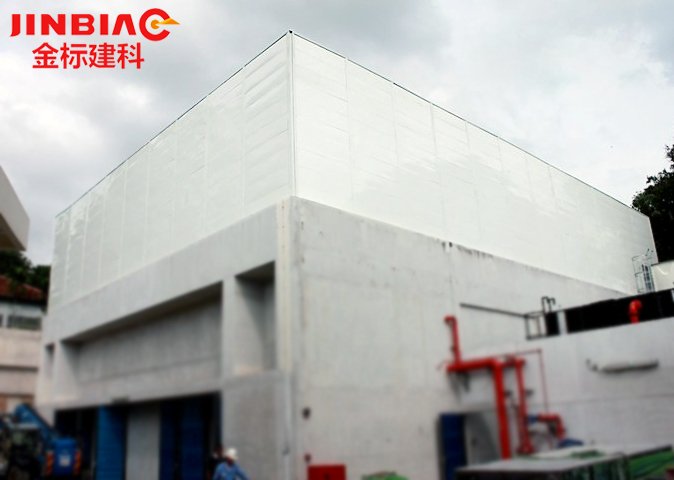We are currently seeing various commercial and industrial establishments, and even sometimes residential properties, boasting of having an acoustic wall as part of their architectural design. While indeed, ensuring sound quality has become a growing need, but is that something for investing? More specifically, can sound quality be improved using an acoustic wall?

Let’s begin with a couple of scenarios:
1. You have just come from a church, theatre, or a concert hall, where the room acoustics were just perfect. You truly enjoyed the sound effects, not to mention the clear speech that came in at the right volume. Pitch and reverberation didn’t bother you a bit, and never did you complain about the presence of noise or sound that made you feel uncomfortable.
2. You are experiencing a recurring sound problem that cannot be ignored. Perhaps the conference room you are using has excessive reverb and no acoustical absorption, or the place of your business is always noisy that it already stresses you and your customers out.
These situations call for a need to add sound absorption qualities in a room, and can be properly addressed by an acoustic wall.
What is an acoustic wall?
Acoustic walls are panels or tiles that improve the quality of sound by absorbing soundwaves.
Sound is released from a source and into an environment where it travels until it meets resistance. At that point, it reflects on any surface it hits. It’s like a ball bouncing onto a wall and bouncing in every direction.
Just like balls, sound bounces off hard surfaces more forcefully than in soft surfaces. When you hit the ball onto a studio with acoustic walls, you’ll see that no matter how hard you throw, the ball won’t go places in the same way it did within a hard wall. At the same time, no matter how loud you scream, sing, or play a musical instrument, you will not hear an unpleasant echo, noise, or reverb as distinctly inside a properly-treated acoustic space. This is where acoustic walls come handy.
The need to reduce echo and reverb
Many people usually think that improving a space’s sound quality is through soundproofing. This term refers to the process of sealing off a room acoustically to keep sound from entering and leaving the space. While it offers practical benefits, it does not function to improve sound quality, and the echo and reverb may just be uncontrollable in the long run.
When the sound of the room is too loud or unclear, the proper solution is to improve sound quality instead. The goal now is to achieve sound absorption, and not mere proofing.
Sound panels such as an acoustic wall are used to absorb the sound within the room, and prevent it from bouncing around the area. They slow down the movement of soundwaves that hit their surfaces, so as to capture echo and reverb. Sound is then contained within the room, with a much better quality when heard by human ears.
Hebei Jinbiao is a leading company in Noise Control products in Singapore. We guarantee to provide you with the most high-quality Noise Control products and reliable assistance. Do not hesitate to contact us. We are looking forward to helping you solve your noise issues and protect you from noise pollution.
